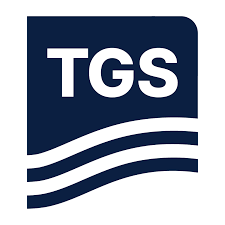Pioneers of the Deep Sea Mining Expansion
The deep sea mining industry is poised for significant growth, with experts predicting strong expansion in the sector. This growth is driven by rising demand for minerals that are essential to modern technologies. Industry leaders are pursuing projects that target polymetallic nodules and seafloor massive sulphides, which are rich in critical metals. Innovative initiatives are now developing technologies to extract these resources sustainably. By 2030, advancements in robotic mining and subsea mapping are expected to replace older and less efficient methods. New applications in mineral utilisation are also emerging rapidly, including their use in renewable energy technologies and advanced manufacturing processes. Experts anticipate a broad integration of these minerals into industrial applications, with a substantial share supporting the green technology sector.
The Demand is High
Global mining companies are investing heavily in deep sea exploration technologies, building on their expertise in subsea operations. The technology used to extract seabed minerals now includes advanced robotic systems capable of operating at great depths and in harsh environments. These systems are developed not only to extract minerals but also to monitor environmental impacts closely. Their capacity continues to increase, aiming to meet rising global demand efficiently. While regions such as the Pacific Ring are actively advancing subsea mining capabilities, international cooperation remains essential. The global nature of deep sea mining calls for a unified approach to ensure sustainable practices are upheld across all operations.
Regulatory Frameworks for Deep Sea Mining
Sustainable mining practices depend on robust regulatory frameworks. Offshore regulations are vital in ensuring that deep sea mining activities comply with environmental standards and responsible mining practices. Nations with significant marine territories are increasingly developing policies that balance economic benefits with environmental protection. Future regulatory developments are expected to introduce stricter controls on environmental impacts and more transparent reporting requirements. International consortia may play an important role in standardising regulations, helping to ensure that deep sea mining contributes positively to both economic and environmental objectives.
The International Seabed Authority focuses on regulation, emphasising sustainable extraction practices, compliance with international standards, and frameworks for managing resources in deep sea mining operations. At the Deep Sea Mining Summit 2026, companies from around the world will present their latest innovations and strategies for responsible deep sea mining.
















